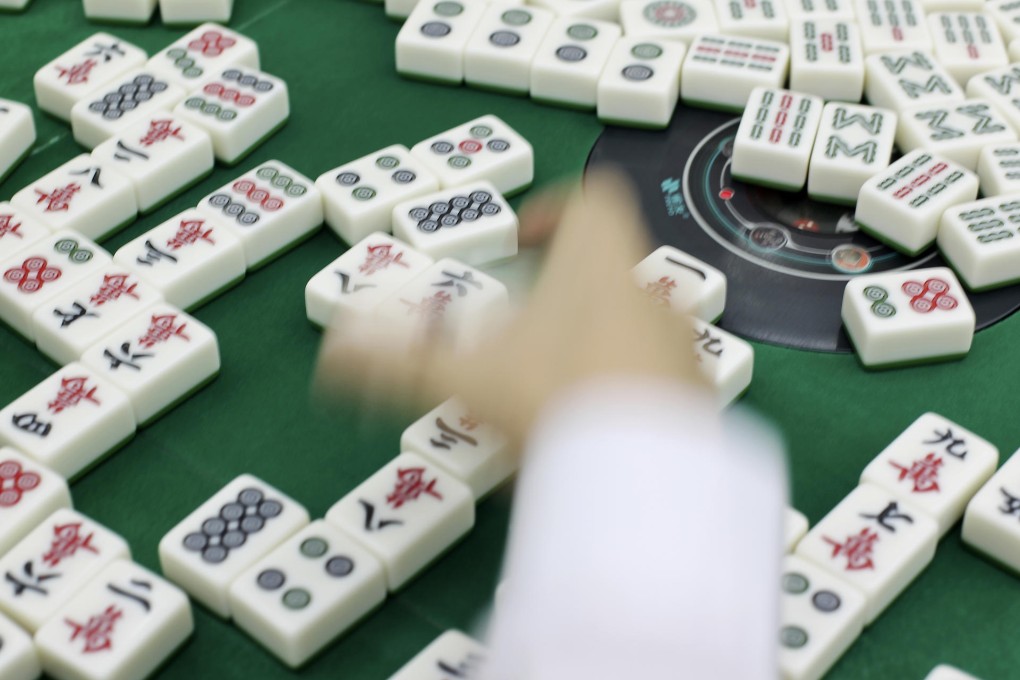
We bring sad tidings from Strasbourg where China's national mahjong team came a dismal 37th at the 5th Open European Mahjong Championships this month. The best individual performance from the mainland was 30th. It gets worse, at least if you are Chinese - the tournament's individual winner was Japanese and the winning team comprised three players from Japan and one from France.
China's performance follows its poor showing at the Open French Championship at Toulouse last year when only one Chinese player made it into the top 10. Predictably the news was not well received on social media, with internet users moaning the result was more embarrassing than China's 5-1 defeat by Thailand in a football match last year.
It was left to Yao Xiaolei, assistant secretary-general of the Beijing-based World Mahjong Organisation, to put a brave face on the outcome by observing: "We should note that European competitive mahjong is developing very fast. This goes to show that work in popularising Chinese mahjong internationally has been highly effective."
A 60-minute guide to China’s six megatrends
"China is developing so rapidly and on such a vast and complex scale that instability and chaos are a natural part of it. Looking for stable growth (the optimist case) is ridiculous. Being concerned about volatility (the pessimist case) means you don't really know what country you are in. China is experiencing regular booms and busts across its economy the same way a rocket ship experiences turbulence."
Thus is the conclusion to be found in The 1 Hour China Book, written by Jeffrey Towson, a private equity investor and Peking University professor, and Jonathan Woetzel, a senior partner at McKinsey & Company and the Asia-based director of the McKinsey Global Institute. The authors have set themselves the challenge of telling you what's important about China business in a book that can be read in 60-90 minutes.
